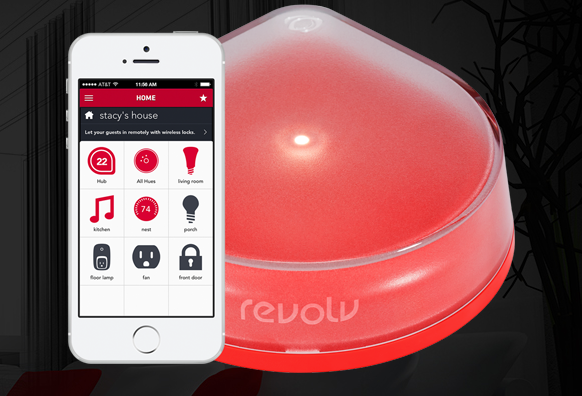 There’s a serious problem with “smart” devices that can power items in your home: many of them are designed so that they only work with their creators’ cloud service. That’s fine, as long as your internet access is reliable and the company doesn’t go out of business or decide to shut off the servers where those cloud services run. Unlike Nest, companies should probably anticipate that some users might be a bit upset about this.
There’s a serious problem with “smart” devices that can power items in your home: many of them are designed so that they only work with their creators’ cloud service. That’s fine, as long as your internet access is reliable and the company doesn’t go out of business or decide to shut off the servers where those cloud services run. Unlike Nest, companies should probably anticipate that some users might be a bit upset about this.
Back in February, Nest announced that it would shut down Revolv, a smart-home hub. The shutdown made news this week because one fan of the product ranted on Medium about how he’s annoyed that a cloud server shutdown means that he can no longer use a piece of hardware that he paid for, even if there’s nothing physically wrong with it.
The last Revolv hubs were sold in 2014, when the Alphabet-owned smart device company acquired Revolv, and customers have until May 15 to keep using them. The situation has turned into a publicity problem for Nest, and it may have been better in the end for them to just buy users a new smart home hub compatible with Nest devices.
Instead, they announced the shutdown back in February. The warranties had all expired by now, and there are risks that you take when deciding to be an early adopter of a new product. Nest pointed out to a reporter from Wired that devices sold in 2011 are still supported and working, but this still doesn’t inspire confidence in the idea of a connected home and the Internet of Things in general.
A Nest representative told CNBC (warning: auto-play video at that link) that they plan to compensate Revolv users somehow, on a case-by-case basis, probably depending on how long they’ve owned their hubs and what other devices they use.
Nest to disable Revolv hub, mulls paying back users [CNBC] (warning: auto-play video)
Nest’s Hub Shutdown Proves You’re Crazy to Buy Into the Internet of Things [Wired]
The time that Tony Fadell sold me a container of hummus. [Medium]

